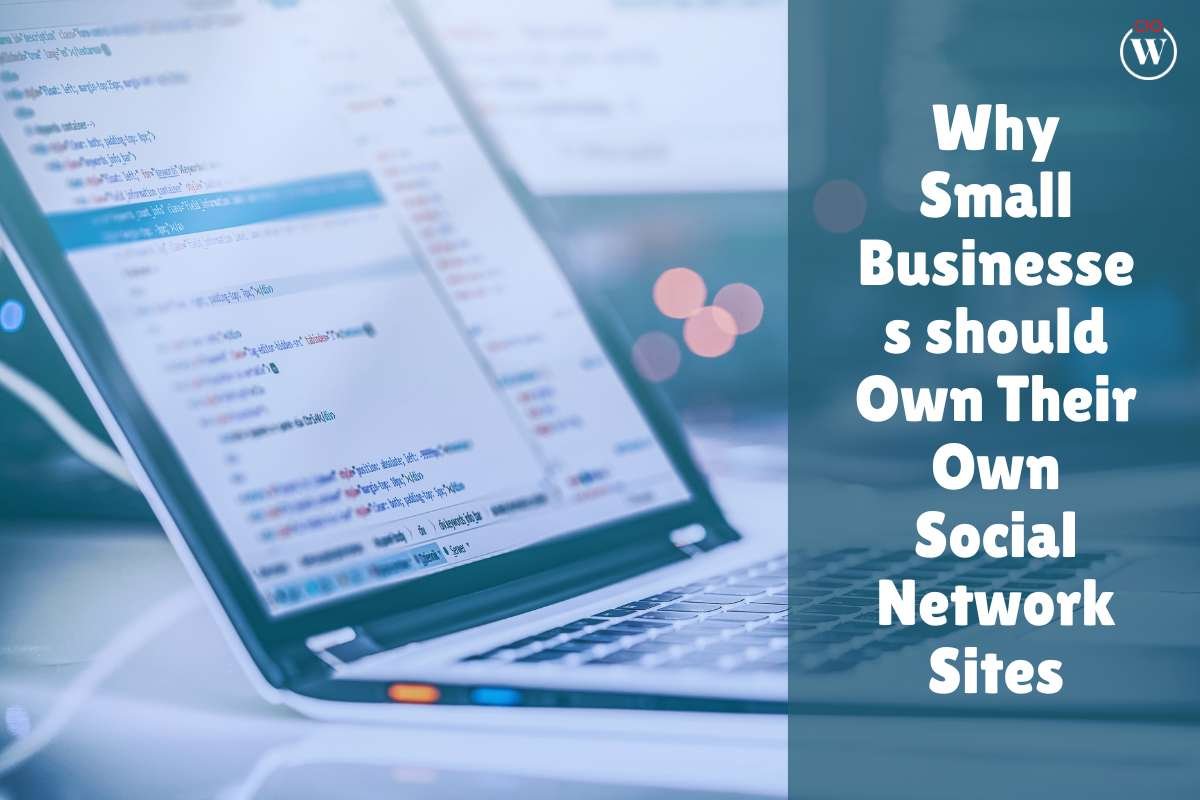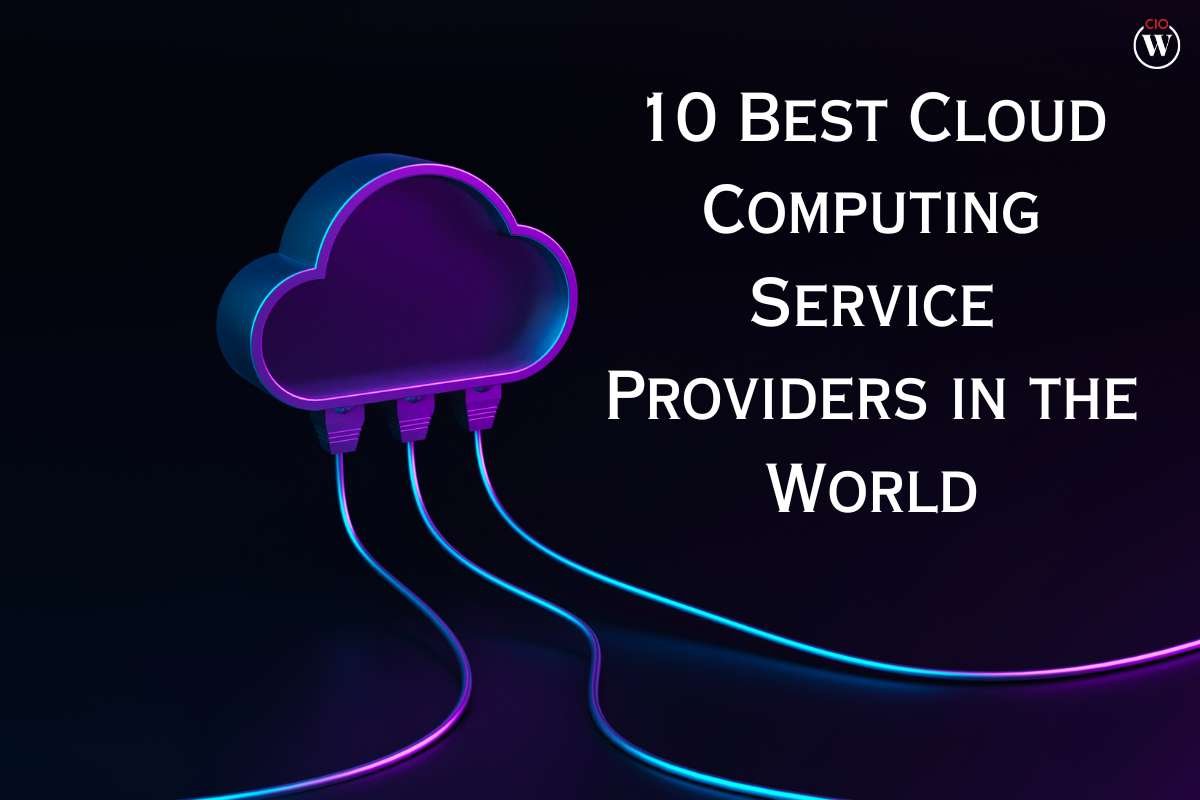In recent years, social media has become an essential tool for businesses of all sizes to connect with their customers, promote their products, and build their brands. However, with the increasing dominance of major social media platforms like Facebook, Instagram, and Twitter, small businesses may find it challenging to stand out and reach their target audience. One solution to this problem is for small businesses to create and own their social network sites. In this article, we will explore the benefits of small businesses owning social network sites and the steps they can take to make it happen.
What are Social Network Sites?
Social network sites are online platforms that allow users to create profiles, share content, and connect with others. Examples of popular social network sites include Facebook, Twitter, Instagram, and LinkedIn. These platforms have become integral to how people interact, communicate, and share information with one another. Social network sites can also be used for business purposes, such as promoting products, building brand awareness, and engaging with customers.

Why Small Businesses Should Own Their Social Network Sites;
1. Complete Control and Ownership
One of the most significant benefits of small businesses owning social network sites is complete control and ownership. When a business creates its social network site, it has full control over the site’s features, functionality, and design. This level of control allows the business to customize the site to meet its unique needs, preferences, and branding. Additionally, owning a social network site means that the business owns all the data generated on the site, giving them more control over their customer data and insights.
2. More Personalized Experience for Customers
Owning a social network site allows small businesses to provide a more personalized experience for their customers. With a dedicated social network site, businesses can tailor their content and messaging to meet their customers’ specific interests and preferences. This level of personalization can help build stronger customer relationships, increase engagement, and ultimately drive more sales.
3. Better Engagement and Brand Awareness
Small businesses owning social network sites can also help small businesses increase their engagement and brand awareness. With a dedicated site, businesses can create and share content that resonates with their target audience, leading to more likes, comments, and shares. This increased engagement can help build a community of loyal customers, who are more likely to recommend the business to others.
4. Cost-Effective Marketing Strategy
Small businesses owning social network sites can save money on their marketing efforts. With a dedicated site, businesses don’t have to rely solely on paid advertising to reach their target audience. Instead, they can use their site to create organic content that attracts and engages their customers. Additionally, by owning their social network site, businesses can avoid the fees and restrictions that come with advertising on major social media platforms.
5. Monetization Opportunities
Small businesses owning social network sites also present monetization opportunities for small businesses. By creating and owning their social network site, businesses can create new revenue streams through advertising, sponsorships, and subscriptions. Additionally, businesses can use their social network site to sell products and services directly to their customers, cutting out the middleman and increasing profit margins.

Steps for small businesses owning social network sites;
1. Determine the Purpose and Goals
The first step for small businesses looking to own their social network site is to determine their purpose and goals. The purpose of the site should align with the business’s overall marketing strategy and branding. Additionally, businesses should set specific goals for their social network site, such as increasing engagement, driving sales, or building brand awareness.
2. Choose a Platform and Hosting Provider
Once the purpose and goals are established, small businesses should choose a platform and hosting provider for their social network site. There are several platforms available, such as Ning, BuddyPress, and Mighty Networks, that offer features and functionality tailored to social network sites. Hosting providers such as Bluehost, SiteGround, and HostGator offer reliable and secure hosting services for small businesses.
3. Customize the Site
After selecting the platform and hosting provider, small businesses should customize their social network site to meet their branding and design preferences. This includes selecting colors, fonts, logos, and other visual elements that reflect the business’s identity. Additionally, businesses should create a user-friendly interface that is easy to navigate and engage with.

4. Invite and Engage Users
Small businesses should invite their existing customers to join their social network sites and engage with them through personalized content, messaging, and customer service. Additionally, businesses should actively seek out new members through advertising, partnerships, and promotions.
5. Monitor and Analyze Performance
Finally, small businesses should monitor and analyze the performance of their social network site regularly. This includes tracking metrics such as engagement, user behavior, and customer feedback to identify areas for improvement and optimize the site’s performance.
Conclusion
Small businesses owning social network sites can enjoy several benefits, including complete control and ownership, more personalized customer experiences, better engagement and brand awareness, cost-effective marketing, and monetization opportunities. By following the steps outlined above, small businesses can create and manage their social network sites successfully. As social media continues to evolve, owning a social network site may become increasingly essential for small businesses looking to stand out and connect with their customers in a more meaningful way.
Also read: Social Media Strategy for Small Business: 5 Easy Steps to Get Started








